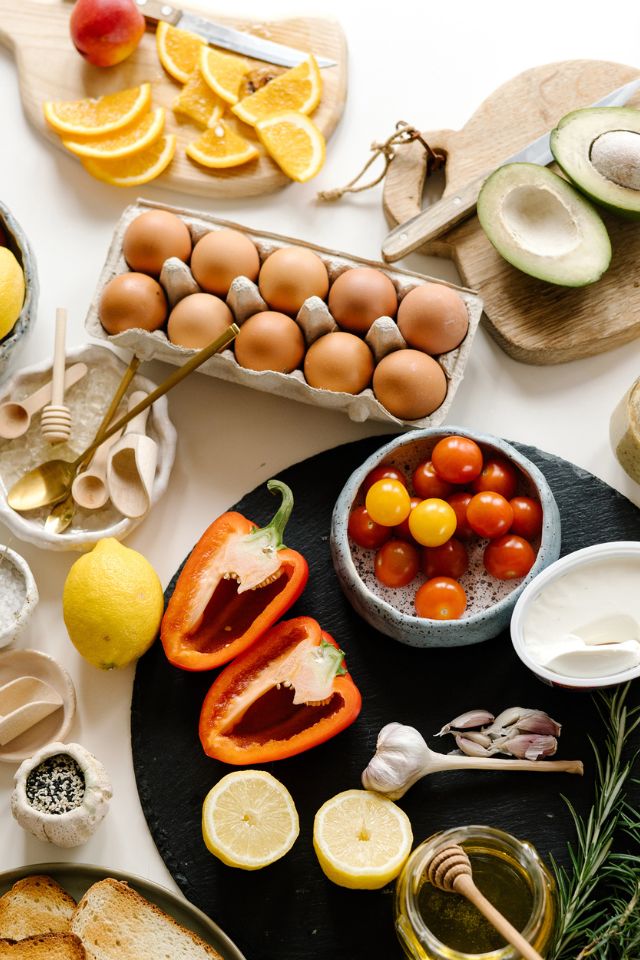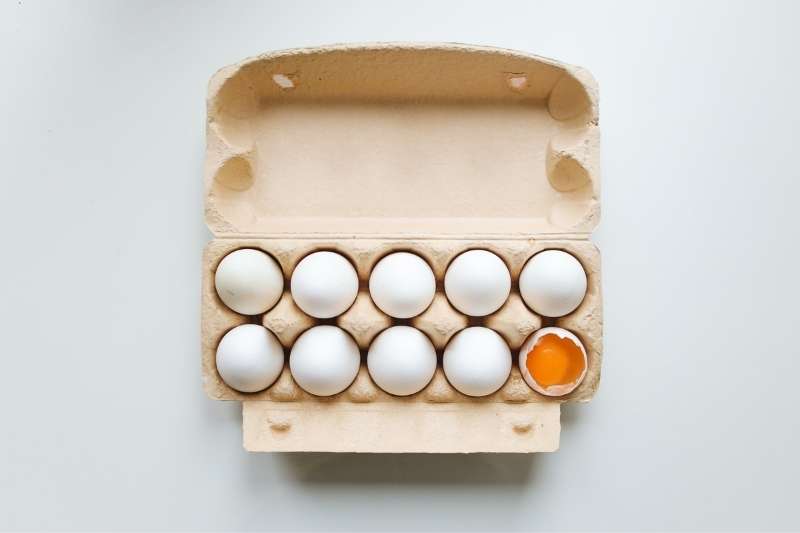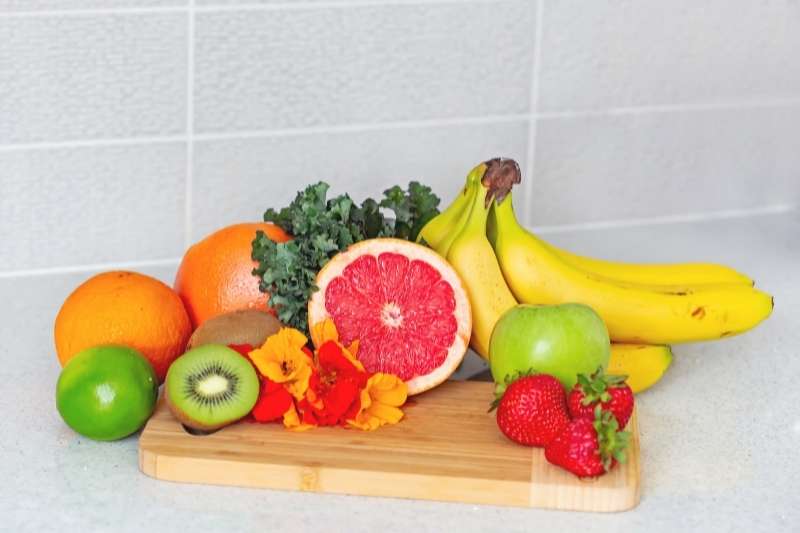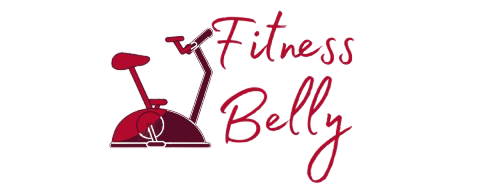Hormones are rarely at the forefront of our minds when deciding what to eat to replenish our bodies. Yet, the human body is a complicated symphony of hormones. These chemical messengers must work together for optimally operational and harmonious well-being.
A hormone balancing diet is crucial for the endocrine system. If hormone levels are out of balance, the result would be weight loss or gain, reproductive problems, and several other concerns. The body is said to undergo a hormonal imbalance if excess or too little production or something disrupts signaling pathways.
So, is there specific nutrition for hormone balance? A balanced diet can aid in maintaining hormones in check.
Because the microbiota produces and influences many hormones, a hormonal balance should start in the digestive tract. Here’s a rundown on how to balance hormones with diet.
How Hormones Function in Your Body?
The human body consists of more than fifty hormone varieties, which function as chemical messengers and influence the overall functioning of cells, organs, and systems. The most well-studied hormones are estrogen, progesterone, cortisol, testosterone, ghrelin, insulin, thyroid, leptin, etc.
The body’s endocrine system comprises hormones and the primary glands that produce and secrete them. Hormones are responsible for a wide range of bodily functions, including:
- Mood
- Metabolism
- Homeostasis
- Reproduction
- Sexual function
- Sleep-wake cycle
- Cognitive functioning
- Growth and development
- Controlling our thirst and appetite
How Does Diet Influence Hormones?
Food is energy! However, it could also be a delectable way to unwind after a long day. Learning to make informed food choices could enable your body to function correctly while gratifying hunger pangs.

When integrated with hormonal treatment, food and lifestyle diets have been demonstrated to aid with hormone imbalances and accelerate weight loss.
So, while looking into hormone therapy, you could first focus on making your diet more nutritious. Hormone diet recipes can assist you in shedding pounds while also balancing your hormones.
The diet incorporates low glycemic index foods. Combine this regimen with at least thirty minutes of daily physical activity spread over six days each week. You can also alternate between interval training, strength training, cardio, and yoga poses for balancing hormones.
Pros and Cons Of Hormone Balancing Diet
For overall well-being and weight loss, giving healthy, whole foods a priority in your eating plan is beneficial. To decide if a hormone-balancing diet is best for you, weigh the positives and cons listed below.
Pros
There are several benefits of a hormone balancing diet. They include:
- Whole food emphasis: A hormone balancing diet emphasizes whole foods, lots of veggies, and lean proteins. These comprise the foundation of a balanced diet.
- Reduces sugar intake: Even though restricting starchy grains won’t help you consume less sugar, doing so is required for a diet that balances your hormones. Cut down on processed sugar by avoiding sodas, candies, pastries, and ice creams.
- Promotes good dietary patterns: The hormone balancing diet allows only healthy meals. The emphasis on veggies can encourage people to eat the required quantity of healthy produce. Beans and other legumes, part of a small waist diet, also help with weight loss and have several other health advantages.
Cons
There are a few disadvantages to a hormone balancing diet.
- Excludes nutritious food groups: While most nutritionists consider some foods acceptable, they do not form part of a hormone balancing diet.
- Costly: Since most recommended items must be organic, the food price may be out of reach for many individuals. In addition, many of the meals and ingredients recommended are specialist goods, which are far more expensive.
Hormone Balancing Foods
Fortunately, you’ll discover that you may eat various foods to keep your hormones in check. There are plenty of alternatives for you to consider.

Cruciferous Vegetables
Cruciferous veggies belong to the brassica family. They secrete a phytochemical called indole-3-carbinol when sliced, chewed, or cooked.
The liver is where our waste products and “waste” hormones are cleaned out, and indole-3-carbinol helps to support this process.
These vegetables should be consumed daily as part of your system for balancing and detoxifying your hormones.
Due to their high calcium content, they also aid in easing cramps and bloating and controlling mood swings.
Cruciferous vegetables include:
- Kale
- Arugula
- Broccoli
- Cabbage
- Bok choy
- Cauliflower
- Collard greens
- Brussels sprouts
Good Fats
Your body requires the proper quantity of healthy fats for proper hormone secretion. To achieve the ideal level of healthy fat within your body, eat one of these in your diet each day.
- Coconut Oil: It has MCT and lauric acid, both very advantageous for synthesizing hormones.
- Homemade white butter or ghee: The fat-soluble vitamins A, D, E, and K2 are abundant in these two products. You could also choose healthy fats derived from plants, such as olive oil and avocado oil. These are regarded as the constituent parts of hormone production.
- Egg Yolks: Numerous minerals and vitamins, such as A, D, E, calcium, iron, and selenium, are abundant. All of these contribute to the hormonal balance that occurs spontaneously.
- Nuts: They include Omega 3-rich macadamia, unsalted Brazilian nuts, almonds, and walnuts, among others. Omega 3’s anti-inflammatory properties aid in homeostasis. Omega-3s may also inhibit levels of cortisol from climbing under prolonged stress.
Quality Protein at Every Meal
It is crucial to get enough protein in your diet. Our cells are made of protein, which also provides the structural foundation for developing hormones.
Hormones serve as a means of internal communication between tissues, cells, body systems, and organs.
Protein also helps with tissue healing. Without it, cells deteriorate and become feeble, resulting in autoimmune issues.

Protein synthesis relies on amino acids as its building blocks. There are a total of 20 essential amino acids, of which the body naturally produces 12 of them. The remaining eight we must receive from the foods.
It is advised to consume between twenty and thirty grams of protein in every meal. To achieve this, include high-protein foods such as chicken, eggs, lentils, or seafood at each meal.
Flax Seeds
Plant-based estrogens are abundant in flaxseeds, particularly in the form of dietary lignans, which can assist in blocking the activity of estrogen-related enzymes. It will boost progesterone by leveling the elevated levels of estrogen that could result from excess estrogen.
The luteal phase is also lengthened by flaxseed. Taking flaxseeds helps in ovulation and lessens premenstrual symptoms like cramps, headaches, and sore breasts.
Additionally, flaxseeds are brimming with fiber, omega-3 fatty acids, and fiber. The dietary fiber in flaxseeds promotes bowel motions that aid in hormone detoxification since fiber is a great probiotic.
Whole Fruit
The appropriate amount of fruit consumption can positively impact hormone levels. However, fruits should be consumed often but in moderation since they can elevate insulin levels, which can alter cortisol and estrogen levels.
Various fruits rank as foods for hormonal balance, such as:
- Apples: They are a great source of vitamin C, which is necessary for synthesizing progesterone. They contain quercetin, which can help the ovaries produce more antioxidants.

- Blueberries: Due to their high vitamin B6 content, which helps with the creation and regulation of progesterone, blueberries help maintain hormonal balance.
- Strawberries: In the battle against hormonal abnormalities, strawberries are victorious. One reason is that they are rich in phytoestrogens, which can help maintain hormonal balance. Strawberries are also packed with vitamin C, supporting hormone stability and boosting the immune system.
Herbs and Spices
A variety of herbs can balance the hormone system. These include Black Cohosh, Wild Yam, Kelp, Ladies Mantle, and Motherwort.
Some spices are well known for being anti-inflammatory. To support hormonal balance, incorporate paprika, ginger, garlic, and sumac into your diet.
Wholegrain
Whole grains are slow-releasing sources of energy. A daily serving of whole grains like brown rice, barley, buckwheat, quinoa, etc., will enhance your fiber intake and guarantee enough vitamin B12, which is crucial for maintaining hormone balance.
Magnesium Food Sources
Magnesium is one of the most potent and underutilized minerals for treating hormonal imbalances and symptoms.
It has been demonstrated to have several effects on hormonal health, including lowering stress hormone levels, controlling insulin levels, producing thyroid hormones, etc.

The following are the top foods containing magnesium:
- Figs
- Kefir
- Yogurt
- Banana
- Almond
- Avocado
- Cashews
- Black beans
- Dark chocolate
- Dark, leafy greens
- Pumpkin and sesame seeds
Foods That Are Bad for Hormone Balance
A sedentary lifestyle can easily influence your hormones, leading to various health issues. You can keep avoiding hormonal imbalance by staying away from these foods:
- Caffeine: Cortisol, often known as the stress hormone, is released when caffeine is consumed, raising the body’s alertness level.
- Red Meat: Hydrogenated and emulsified fats, regarded as dangerous kinds of fat, are present in large quantities in red meat. Additionally, since overeating meat causes your body to produce more estrogen, it can disturb the balance of your hormones.
- Processed Foods: Processed and sugary meals increase the stress on the adrenal gland and inflammation, impacting hormone function. Taking too much-processed foods leaves you at risk of developing an extreme hormonal imbalance and unintended weight gain.
- Dairy products: Increased consumption can cause stomach discomfort and inflammation. Additionally, dairy products are known to worsen acne and produce more sebum. Some dairy products also include growth hormones, which can have a negative impact on the liver.

Is It Safe To Follow the Hormone Diet?
Yes. A hormone healing diet advocates natural, wholesome foods and frequent exercise as key components of weight management and optimal health.
Additionally, focusing on getting enough sleep is a crucial element that can help you improve your health while impacting the hormones that affect weight.
Which Diet Is Best for Hormonal Imbalance?
Nutrition for hormone balance forbids the consumption of meats, alcohol, added sugar, gluten-containing grains, and dairy. Wet fish, most vegetables, fatty protein, gluten-free cereals, and organic eggs are acceptable.
Although some meals are frequently regarded as hormone balancers, it’s vital to remember that every person is unique and may need a unique food combination to experience their best.
How Can I Balance My Hormone Naturally?
Your body is designed to produce the proper types and quantities of hormones to maintain your happiness and health—however, certain habits and foods balance hormones in females.

Adopting a hormone-balancing diet is among the simplest methods to achieve this. Finding and consuming the appropriate nutrition that could help with hormone imbalances is essential.
What Food Is Good for Female Hormones?
Healthy fats and high protein levels are the most crucial foods that balance female hormones. This is because your hormones are made entirely of fat.
A hormone healing diet also contains a lot of leafy greens since they provide many elements necessary for regular ovulation. Eating this way ensures that your body gets all the nutrients it needs to produce healthy hormone levels.
Does Hormone Balancing Diet Work?
Although there is no proof that a hormone-balancing diet could “reset” hormones, some foods can impact their synthesis.
Instead of depending on potentially harmful and restricted fad diets, you should talk to your doctor if you are worried about a hormone imbalance. For the greatest outcomes, consider eating a diet high in nutrient-dense, whole foods and engaging in frequent physical activity.
Conclusion
Hormonal imbalance may cause numerous health problems. To treat hormonal imbalances within the body, it is crucial to use essential oils, practice yoga, exercise regularly, and avoid dangerous chemicals.
Additionally, getting enough sleep and cutting out sugar will aid in managing hormone imbalances.
In the end, consistency and dedication are crucial. There are several different approaches to naturally balancing your hormones. Focus on an anti-inflammatory, nutrient-rich diet, eliminate endocrine disruptors, adopt stress management techniques, and a gut cleanse diet.
It’s crucial to strike a balance when it comes to exercising. Start small if you’re feeling overwhelmed. You can start by engaging in daily meditation. Then the following week, try a 3-day hormone-balancing eating plan. The key is to take things slowly.

I’m a triathlete and life coach, with a focus on holistic health, fitness & women’s issues.
I also write about my gastronomic adventures and my love for the outdoors.

